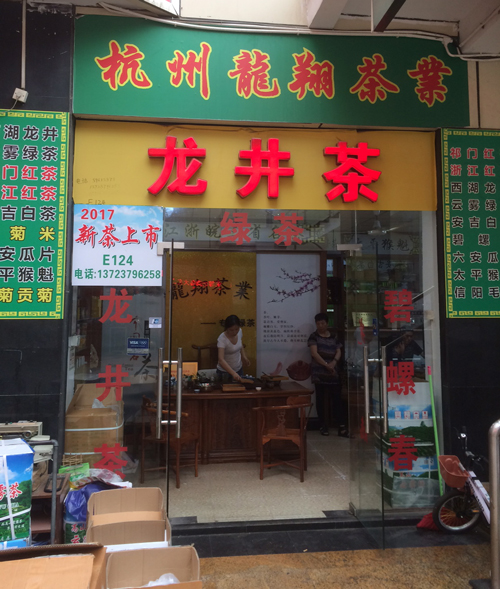Regional Trading: China
Quite the reverse of the Indian subcontinent in all manners of the trade process. Here, there’s no stipulation to sell at auctions. And as the home of tea, variety is in unfathomable abundance, so much so that each town’s renowned tea varietal can be treated as a unique species or product in its own right.
Importers who specialise in just several provincial Chinese teas can buy direct from plantations easier as their search is narrow and buying quantities can be concentrated. But even then, buying “direct” in China isn’t that simple or even always necessary. Compared to the Subcontinent, China has a lot more independent farming families who manage their own small plots and may share processing technology with others in their village. This fragmented style means there’s a call for consolidators.
So within China, there are traders that specialise in particular regions’ teas. They base themselves in town centres to make themselves more accessible as most tea farms are remote and in mountainous zones. On a given day, these traders will go up the mountain and to make their trip worthwhile, they may need to buy from more than one farm due to the limited production of each. Outside of the aforementioned co-op production facilities, some areas also have large processing machinery owned by a company to which farmers sell their unprocessed leaves. The specialist traders might buy from these processing companies too.
 Dragon Well and Hangzhou area tea specialist |
When these traders return to town, they will often sort teas and group them by like tastes, leaf appearances and grades irrespective of the grower. Teas may not necessarily be differentiated or clearly catalogued per grower, same grade teas may even be blended. So in truth, getting a “single estate” tea in China is relatively uncommon, what’s more common are “single-regions” or “single-factories” (!).
For these reasons, buying direct from individual growers in China may neither be their preference nor prove efficient. A single small farm may not have enough stock at the time or conversely, your order may be too minimal. Regional specialist traders may be the better option as they know the goings-on throughout the villages and are equipped with stock or comparable alternatives without being wedded to a particular grower.
The need to procure from regional consolidators is further compounded if importers are expected to carry a diverse range.
With our Chinese teas, we source via a combination of routes. We get most of our oolong range direct from tea garden families e.g. our Anxi, Phoenix oolongs (same goes for the Taiwanese). Some we import direct from farm via partnership with other Aussies (to increase buying volume) e.g. Red Mystic, Silver Tip Green. Others we will use China-based regional specialist traders.
